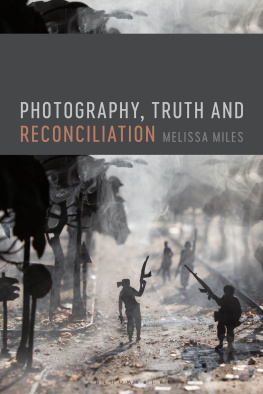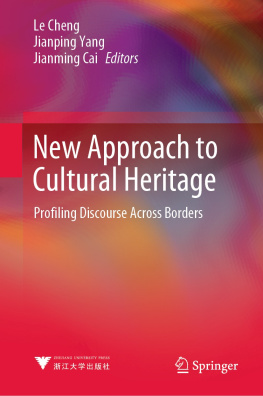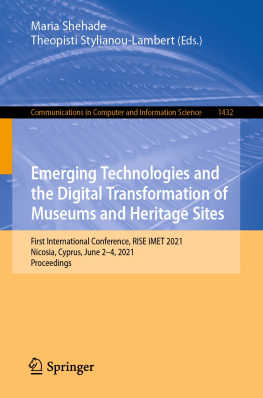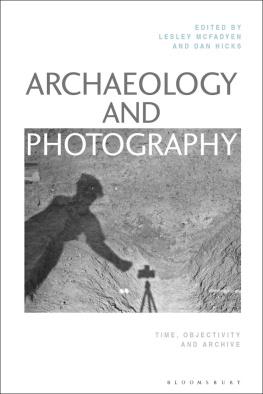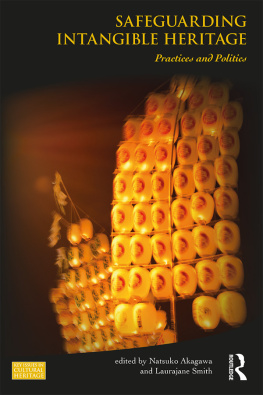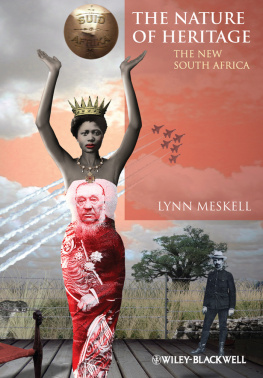
Heritage, Photography, and the Affective Past
Heritage, Photography, and the Affective Past critically examines the production, consumption, and interpretation of photography across various heritage domains, from global image archives to the domestic arena of the family album. Through original ethnographic and archival research, the book sheds new light on the role photography has played in the emergence, expansion, and articulation of heritage in diverse sociocultural contexts.
Drawing on wide-ranging experience across the heritage sector and two international case studies Angkor in Cambodia and the town of Famagusta, Cyprus the book makes a major contribution to our understanding of the role photography has played and continues to play in shaping experiences and conceptualisations of heritage. One of the core aims of the book is to problematise and potentially redirect the varied usages of photography within current practice, usages which remain woefully undertheorised, despite their often-central role in shaping heritage. Ultimately, by focusing attention on a hitherto underexamined aspect of the heritage phenomenon, namely its manifold interconnections with photography, this book provides fresh insight to the making and remaking of the past in the present, and the alternative heritages that might come into being around emergent photographic forms and approaches.
Heritage, Photography, and the Affective Past uses photography as a method of enquiry as well as a tool of documentation. It will be of interest to scholars and students of heritage, photography, anthropology, museology, public archaeology, and tourism. The book will also be a valuable resource for heritage practitioners working around the globe.
Colin Sterling is a Research Associate and AHRC Leadership Fellow at UCL Institute of Archaeology. His research explores questions of memory and heritage from a range of theoretical and historical perspectives. Colin was previously a Project Curator at the Royal Institute of British Architects and a Research Associate with the heritage consultancy Barker Langham.
UCL Institute of Archaeology Publications
General editor: Ruth Whitehouse
Founding editor: Peter Ucko
UCL Institute of Archaeology Critical Cultural
Heritage Series
Series editor: Beverley Butler
Founding series editor: Peter Ucko
About the Institute
The Institute of Archaeology at University College London is one of the oldest, largest and most prestigious archaeology research facilities in the world. Its extensive publications programme includes the best theory, research, and pedagogy in archaeology, cultural heritage, and cognate disciplines. Through its publications, the Institute aims to bring these insights to a wide audience of researchers, practitioners, and lay readers.
About the Critical Cultural Heritage Series
The aim of this series is to produce a set of volumes which make a radical break with routinised accounts and definitions of cultural heritage and with the existing or established canon of cultural heritage texts. This is a fundamental shift of perspective from the Eurocentrism that underpins traditional accounts, towards a politics of recognition that values the preservation of human dignity and justice and articulates new characterisations of heritage value. This series of publications provides the intellectual impetus and critical framework by which cultural heritage discourse can undergo a process of radical reflection, fundamental re-conceptualisation and engage in a subsequent reconstruction of its core heritage values, practices and ethics. It constitutes a resource for future action in terms of creating a pro-active (rather than reactive), responsive and just future for new critical cultural heritage studies.
Profane Egyptologists
The Modern Revival of Ancient Egyptian Religion
Paul Harrison
Heritage, Photography, and the Affective Past
Colin Sterling
For more information about this series, please visit: www.routledge.com/UCL-Institute-of-Archaeology-Critical-Cultural-Heritage-Series/book-series/CCHS
First published 2020
by Routledge
2 Park Square, Milton Park, Abingdon, Oxon OX14 4RN
and by Routledge
52 Vanderbilt Avenue, New York, NY 10017
Routledge is an imprint of the Taylor & Francis Group, an informa business
2020 Colin Sterling
The right of Colin Sterling to be identified as author of this work has been asserted by him in accordance with sections 77 and 78 of the Copyright, Designs and Patents Act 1988.
All rights reserved. No part of this book may be reprinted or reproduced or utilised in any form or by any electronic, mechanical, or other means, now known or hereafter invented, including photocopying and recording, or in any information storage or retrieval system, without permission in writing from the publishers.
Trademark notice: Product or corporate names may be trademarks or registered trademarks, and are used only for identification and explanation without intent to infringe.
British Library Cataloguing-in-Publication Data
A catalogue record for this book is available from the British Library
Library of Congress Cataloging-in-Publication Data
A catalog record for this book has been requested
ISBN: 978-0-367-13557-7 (hbk)
ISBN: 978-0-429-02718-5 (ebk)
Typeset in Sabon
by Apex CoVantage, LLC
This book has multiple points of origin and has benefited hugely from a diverse range of collaborations and conversations over the past few years. My interest in photography can probably be traced to personal family collections, as well as the ubiquitous holiday snaps that so many writers on the medium seem to dismiss. This initial curiosity towards making, collecting, and looking back over old photos was bolstered by visiting a number of exhibitions in the mid-to late noughties, especially Points of View: Capturing the 19th Century in Photographs at The British Library and Twilight: Photography in the Magic Hour at the V&A. While the precise impact of temporary displays is often difficult to measure, my own thinking around photography emerged slowly and tentatively through an engagement with such curatorial projects. The creative, collaborative, and crucially public facing nature of this kind of work has influenced my own approach to photographic research, both as a heritage practitioner and as an academic interested in critical heritage studies.
While all thoughts and opinions in the present study are of course my own, numerous individuals have made this research possible. Thanks must first of all go to Beverley Butler and Paul Basu, who provided invaluable comment and guidance over many years. Rodney Harrison and Elizabeth Edwards examined the doctoral research on which much of the book is based, and it is hoped that their incisive scholarly direction is reflected in these pages. I have presented various aspects of this research at seminars and conferences in London, Florence, Leicester, Gothenburg, and Leiden, and express my gratitude to the organisers of these sessions for their interest in my work (and participants for their often insightful comments). I would also like to recognise the important role students on the MA in Cultural Heritage Studies at UCL have played in sharpening my thinking on photography and heritage. Without their probing questions this book would probably look very different.


